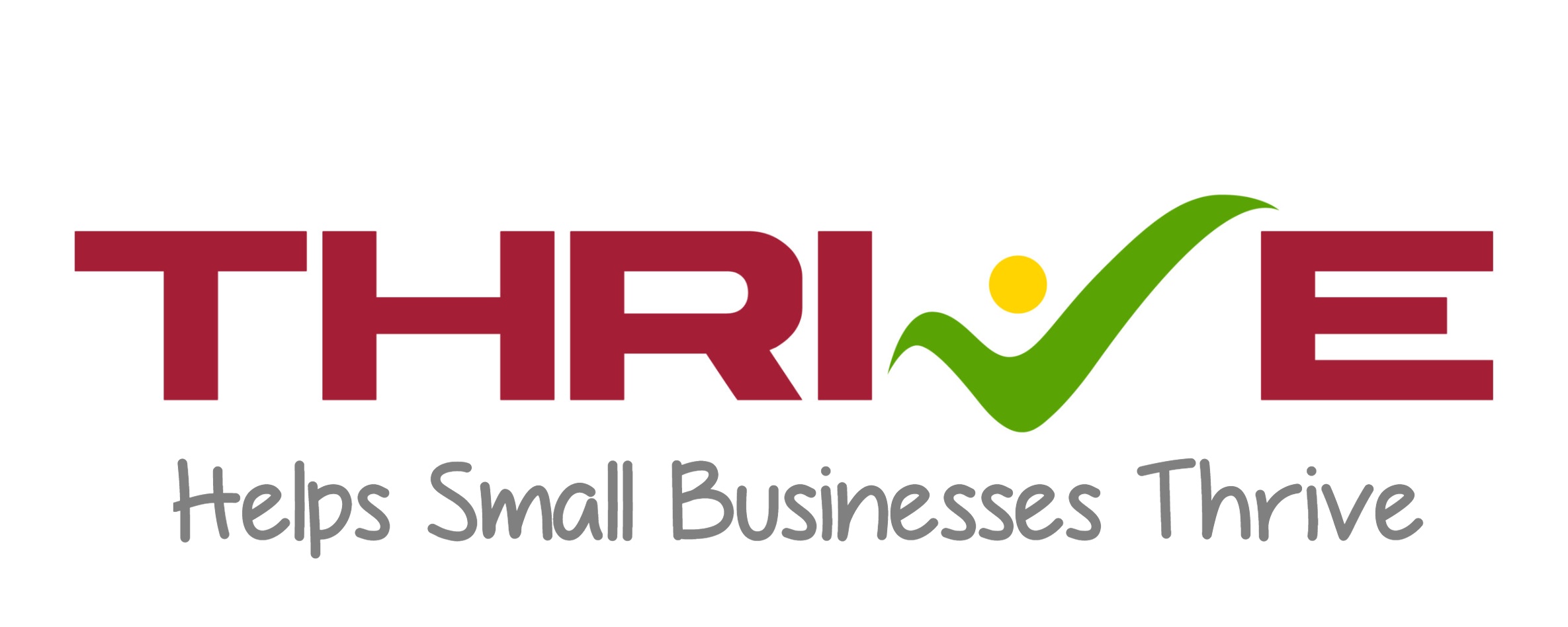Financing Your Small Business
Small businesses have a lot of problems. They are not able to get the financing they need to grow, and often they can’t even get started because they don’t know how to go about it.
Find Resources
There are a few things you can do to help yourself. First, you should be aware of what resources are available to you. The Small Business Administration (SBA) is an organization that provides free information to small businesses, and there are many other organizations that offer advice to small businesses as well. If you have questions about starting up or growing your business, ask for help.
Online Courses, Seminar and Organizations
You may also want to look into getting some training. There are many online courses and seminars available to help you start or expand your business. You can also get help from local community colleges and universities.
Another thing you can do is join a local chamber of commerce or other similar organization. This will allow you to meet other people who are in the same situation as you, and you can share ideas with them.
If you’re interested in starting your own business, but don’t have any money to invest, you might want to consider selling your current business. You could sell it to someone else who wants to start their own business, or you could sell it to someone who has experience running one already. Either way, you’ll make some money, and you won’t have to worry about how you’re going to finance your new venture.
Of course, if you decide to sell your existing business, you’ll have to find a buyer. There are several ways to advertise your business for sale, including posting ads on Craigslist, using newspaper classifieds, and listing it on various websites.
Your Local Small Business Banker
If you’re thinking about starting a business, but aren’t sure how you’re going to finance it, you might want to talk to a banker. Many banks offer loans specifically for businesses. You’ll probably have to show that you have a good credit rating and have a good chance of making money, but this shouldn’t be too difficult.
Once you’ve decided which route you want to take, you can begin planning. You’ll want to think about how much time you want to spend working on your business, and whether or not you want to hire employees. Once you have those decisions made, you can start looking at locations for your business.
While it’s true that starting a business can be expensive, there are ways to keep costs down. For example, you can lease office space instead of buying it outright. You can also save money by buying supplies and equipment used by your business. You can also reduce your costs by purchasing products wholesale and then selling them at a higher price.








